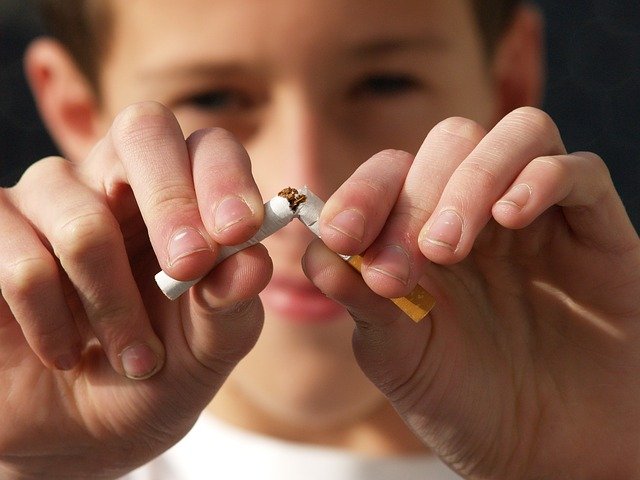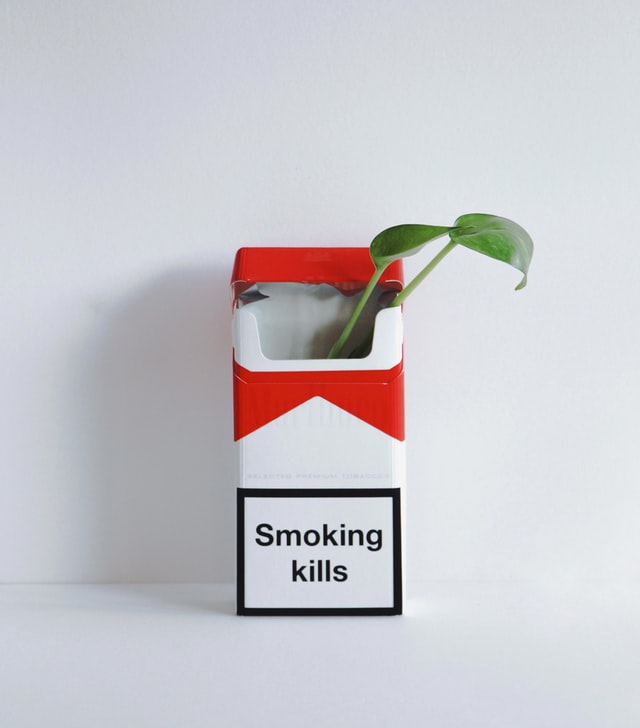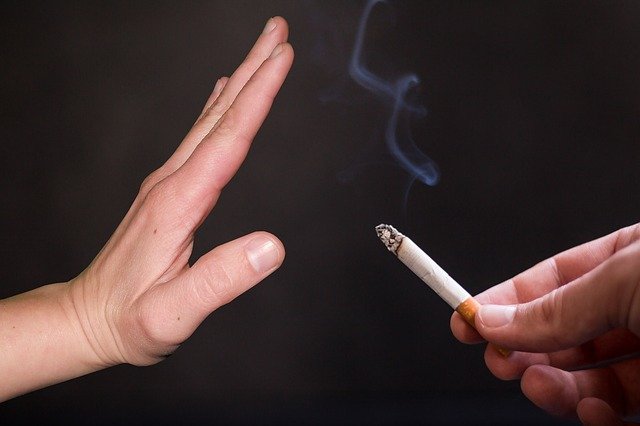New Zealand has a bold decision by pursuing a ban on cigarettes for future generations. The plan aims at having a smoke-free generation of New Zealanders, and the habit of smoking will be stamped out by 2025.
New Zealanders aged 14 and under “will never be legally able to buy tobacco,” as noted by the law. Associated health minister Dr. Ayesha Verrall commented on this health initiative and noted that the “new legislation means the legal smoking age will increase every year, to create a smoke-free generation of New Zealanders” [Source].

She also added that “This is a historic day for the health of our people.” Smoking is a common habit globally, and smokers tend to be enslaved by the addiction while completely ignoring the health complications associated with it. Despite red flags and stern warnings from health officials, people seem to be adamant about smoking. Others defend it as a good method to calm down the nerves.
In terms of the fashionable world, smoking is associated with being cool and advanced, while non-smokers come across as people who are not outgoing and are probably boring to spend some time with. Also, smoking has been epitomized by the Hollywood trend, celebrity hype-ness, and pop culture. These factors often sell weird and unique habits to people, especially the young generation who follows them blindly without questioning if they are healthy habits or not. This has made tobacco a special commodity, and in countries such as Zimbabwe, tobacco is nicknamed ‘The Golden Leaf’ as it brings a lot of foreign currency when imported. Because of this, developing countries keep on producing more tobacco and shipping it to Europe, where most buyers exist.
Due to the continued rampant use of tobacco in the country, the New Zealand government decided to cap all those who wish to smoke in the future. The government is prepared to stop all smoking tendencies in four years to come [Source] and has many measures to be utilized alongside raising the age of people eligible to buy tobacco. Some of these measures include “reducing the legal amount of nicotine in tobacco products to very low levels, cutting down the shops where cigarettes could legally be sold, and increasing funding to addiction services.” But these measures do not affect the selling of vapes.
Concerning protecting the young people from picking up a cigarette, Verrall said, “We want to make sure young people never start smoking, so we will make it an offense to sell or supply smoked tobacco products to new cohorts of youth. People ages 14 when the law comes into effect will never be able to purchase tobacco legally”.
Released stats show a decline of daily smoking rates in the country as there was a decrease from 18% in a decade earlier to 11,6% in 2018. But a surge was witnessed in smoking rates for Maori and Pacifika, in which these entities recorded 29% and 18%, respectively. “If nothing changes, it would be decades till Maori smoking rates fall below 5%”, and she explained how their objective might be achieved in four years by saying, “I believe it is. In fact, we’re on track for the New Zealand European population. The issue is, though, if we don’t change what we’re doing, we won’t make it for Maori – and that’s [what] the plan is focused on”.

Health experts applauded the policies laws on Thursday. “New Zealand once again leads the world – this time with a cutting-edge smoke-free 2025 implementation plan – it’s truly a game-changer,” as noted by Dr. Natalie Walker, director of the Centre for Addiction Research at the University of Auckland. Health Professor Chris Bullen appreciated these plans and was pleased with reducing nicotine, which is the first move.
However, some parties felt offended by the government’s decision because by reducing nicotine, people are now forced to smoke more to get a fair amount of nicotine dosage, and low-income earners will suffer financially. Also, banning cigarettes will inspire a black market for tobacco. The government did admit to the negative effect by saying, “Evidence indicates that the number of tobacco products being smuggled into New Zealand has increased substantially in recent years, and organized criminal groups are involved in large-scale smuggling.”
The smoke-free plans are expected to pass through legislative processes, and analysts projected that they would not face any obstacles.







































